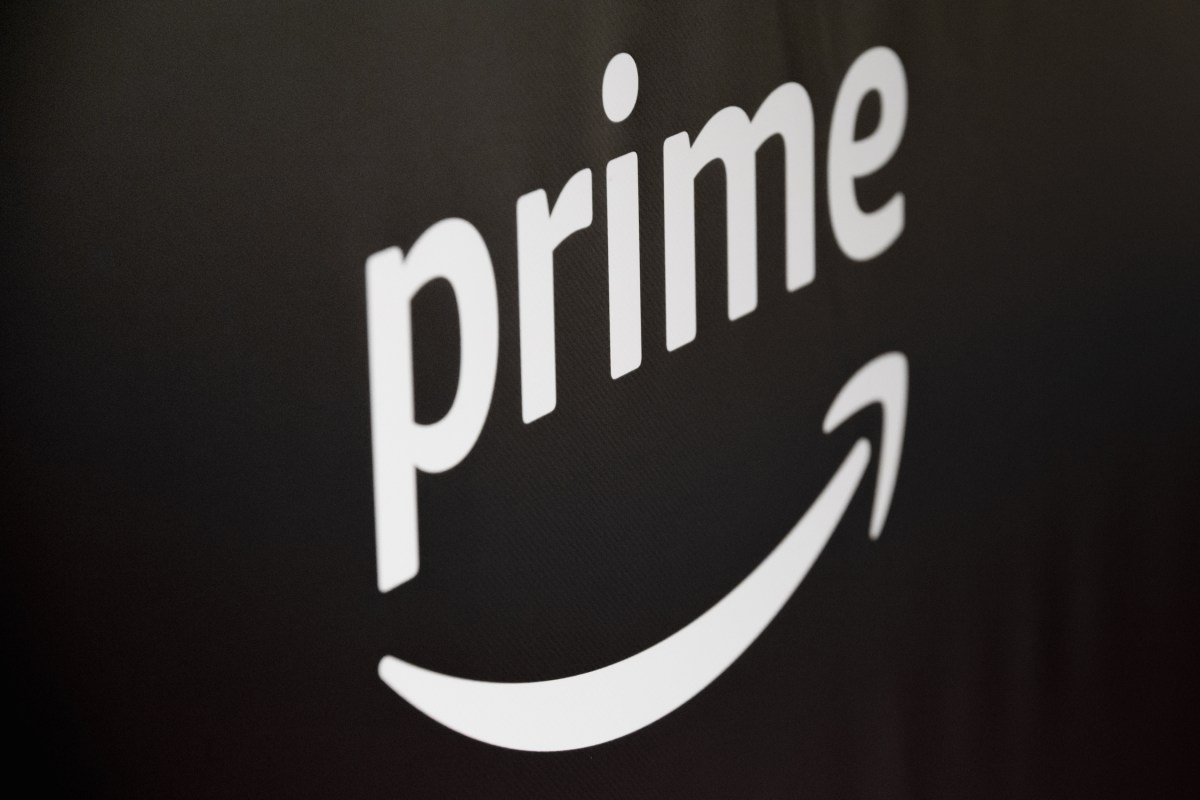As companies like Amazon continue to strive for increasingly rapid delivery rates, the environment may be paying the price.
From the need for more warehouses to an excess of packaging materials, Axios examined the environmental footprint of the e-commerce boom, and found our demands for lightening fast shipping are having an impact on the climate crisis.
UPS, one of the top leaders in the e-commerce boom, said the 5.1 billion packages the company delivered by ground and air in 2017 were responsible for emitting 13.8 million metric tons of CO2, according to the company’s annual sustainability report. In the same year, FedEx emissions were up to 15.1 million metric tons, while the Postal Service emitted about 4.3 million metric tons of CO2 in 2016.
While those numbers may sound high, experts maintain that e-commerce can have environmental benefits. As Don Mackenzie, leader of the Sustainable Transportation Lab at the University of Washington, told Axios, e-commerce practices help consolidate package delivery into a more environmentally efficient process.
However, some of those benefits may be outweighed as the demand for ever-faster delivery increases. As companies promise faster delivery rates, customers are less incentivized to bundle their orders. Meanwhile, companies are building more warehouses to meet demands for shorter shipping times, while the packing materials that are going into more and more packages continue to contribute to the global plastics crisis. According to environmental experts, all of these factors in the name of speed may not be as beneficial when it comes to environmental efficiency.
“There are climate benefits to e-commerce, but those disappear as delivery gets faster and faster,” said Miguel Jaller, a professor at UC Davis. “It goes against everything they have been achieving in terms of efficiency.”
Editor’s Note: RealClearLife, a news and lifestyle publisher, is now a part of InsideHook. Together, we’ll be covering current events, pop culture, sports, travel, health and the world. Subscribe here for our free daily newsletter.
Thanks for reading InsideHook. Sign up for our daily newsletter and be in the know.



















